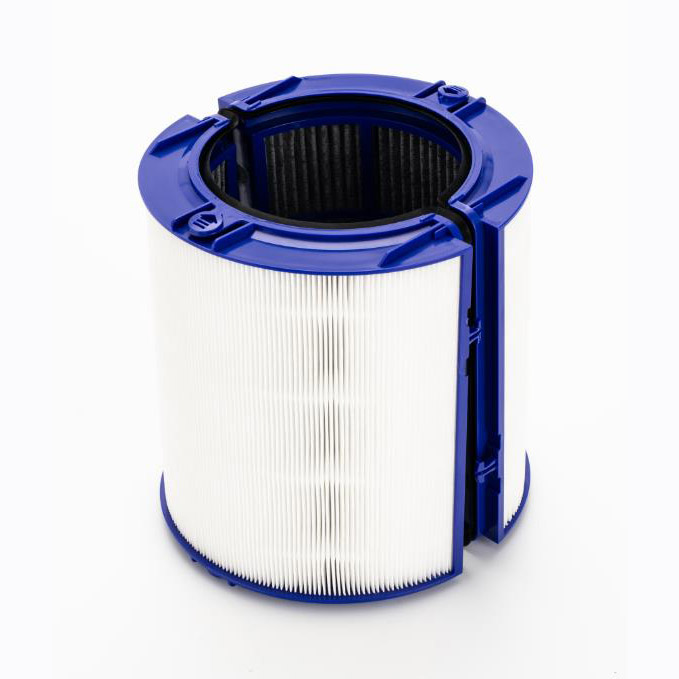When you think about clean indoor air,the HEPA Filter for air purifier often comes to mind.These filters are widely known for their efficiency in removing dust,pollen,bacteria,and even microscopic particles from the air.But how exactly does a HEPA Filter work to capture these airborne contaminants?
1.What Is a HEPA Filter?
HEPA stands for High-Efficiency Particulate Air.A HEPA filter for air purifier is made from fine fibers—usually fiberglass—arranged in a dense mat.The U.S.Department of Energy defines a true HEPA filter as one that can trap at least 99.97%of particles as small as 0.3 microns,including dust,mold spores,and smoke.
2.The Science Behind HEPA Filtration
Unlike ordinary filters that act like simple sieves,HEPA Filters use several physical mechanisms to trap particles:
Interception:Medium-sized particles traveling along the air stream are caught by the fibers as they pass close to them.
Impaction:Larger particles cannot avoid the fibers and collide directly,becoming trapped.
Diffusion:Very tiny particles(like smoke or viruses)move erratically and eventually stick to the fibers through random motion.
These three mechanisms work together to make the HEPA filter for air purifier incredibly effective,even for particles smaller than 0.3 microns.

3.Why Particle Size Matters
The 0.3-micron measurement is often called the"most penetrating particle size"(MPPS).It’s the hardest size to trap,yet a true HEPA filter is designed specifically to capture it efficiently.Particles smaller or larger than this are often caught even more easily.
4.Benefits of Using a HEPA Filter for Air Purifier
A high-quality HEPA filter for air purifier provides several advantages:
Allergen removal:Traps pollen,pet dander,and dust mites that can trigger allergies.
Odor and smoke reduction:When combined with activated carbon,HEPA filters can reduce odors and smoke particles.
Improved health:Reduces exposure to airborne bacteria,mold spores,and fine particulate matter(PM2.5).
For households with pets,smokers,or allergy sufferers,a HEPA air purifier is one of the most effective ways to maintain healthy air quality.
5.How Often Should You Replace a HEPA Filter?
The lifespan of a HEPA filter for air purifier depends on usage and air quality.Typically,it’s recommended to replace the filter every 6 to 12 months.Some modern air purifiers include indicators that alert users when the filter needs changing.
6.Final Thoughts
Understanding how a HEPA filter for air purifier works helps you make smarter decisions about indoor air quality.Through advanced filtration methods—interception,impaction,and diffusion—these filters effectively capture airborne particles,ensuring that the air you breathe is cleaner,fresher,and safer.





